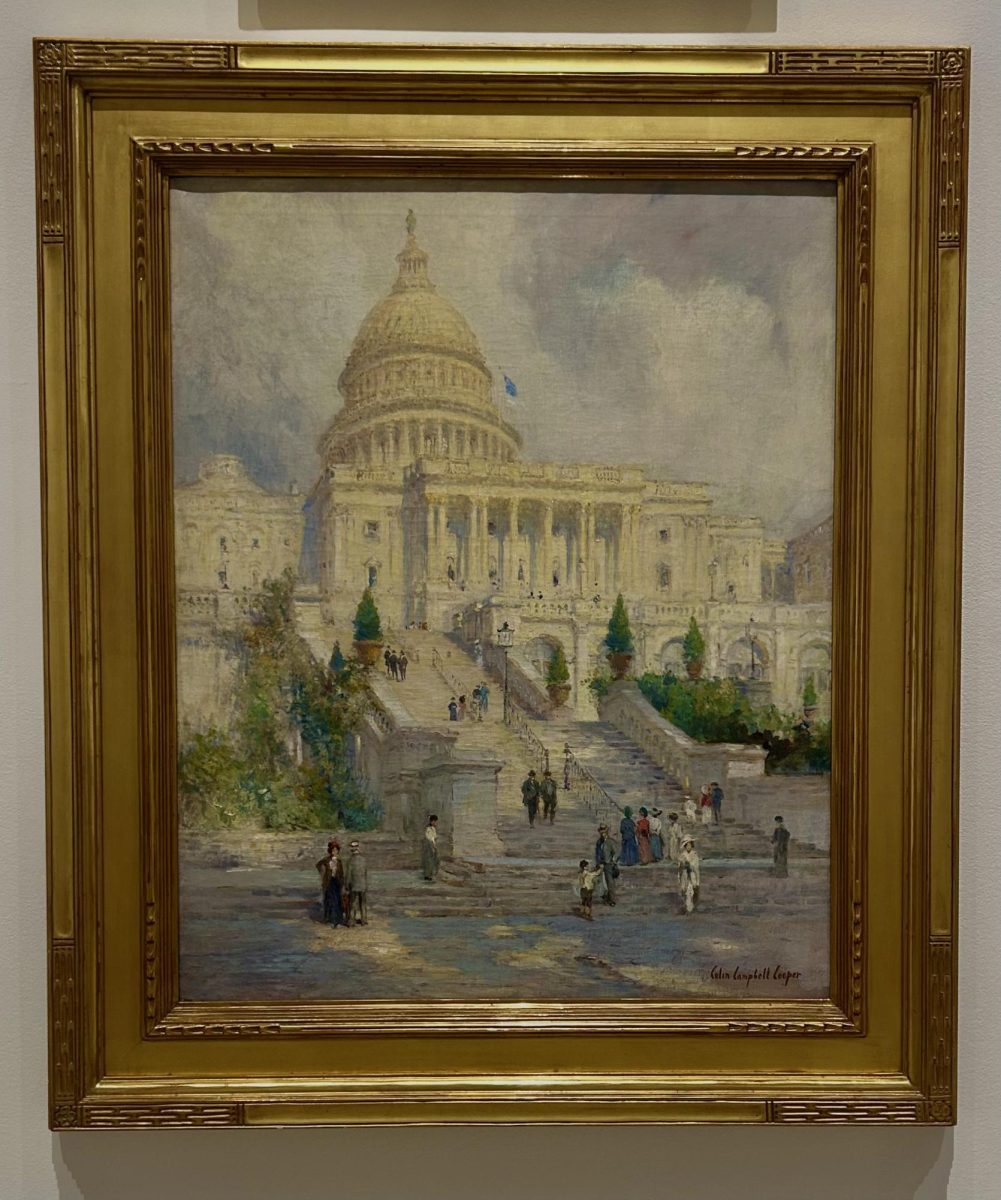Netflix Users will be Chill about New Password Sharing Policies
The entry of new streaming-media competitors has fragmented the market to Netflix’s favor.

Photo Netflix
March 7, 2023
Whenever I want to watch something, even when I’m using another streaming service, I first look at Netflix. It’s habitual. I get home from school, unlock my phone and tap on Netflix. Most of the time, there’s nothing good to watch, but I instinctively go there. Netflix has engrained itself so deeply into society and television that it is my first stop for streaming media.
On Feb. 2, Netflix claimed to have accidentally leaked their future password-sharing plans for the United States stating that “accounts are only meant to be used within one household.” While no official pricing plans have been announced, it is expected that Netflix will adopt a sharing strategy where one can add people outside of their immediate household for a small extra charge per account.
As a result of this leak, Netflix has been brutalized in the media for making yet another decision to antagonize consumers. The sentiment about Netflix’s password-sharing crackdown on social media is very antagonistic and says that Netflix will lose a large portion of its consumers. This causes many to ask if Netflix cares or if they are just downright short-sighted. I prefer to ask: do they have to care?
When someone thinks of television in the modern era, they think of Netflix. It is the pioneer of an industry, and it is what generations have come to think of as the standard for streaming media. Now, that standard may have dropped over the years, but does that really matter? With so many new competitors in the streaming industry (most notably Amazon Prime Video, Hulu, Disney+ and HBO Max), many worry that Netflix will fall to its usurpers.
Netflix has, what I like to call, a buffet of content. Most of it isn’t particularly good, some of it is pretty bad, but you keep eating it because it’s Netflix. It has the most general content that is palatable to a wide variety of consumers and that you can watch in any state of mind. Most shows are so bland and one-dimensional that they are perfect for mindless viewing. Having so many competitors actually give Netflix an edge over the plight of its predecessor, Blockbuster. Blockbuster had one main competitor: Netflix. If Blockbuster happened to lose consumers, they would go to Netflix, giving their only competitor a massive advantage. With Netflix, if they lose a paying customer, they will go to one of several services, none of which will ever be powerful enough to rise against Netflix. They’re essentially able to split the vote so that they will never lose (unless there is the release of transformational new technology).
However, with the crackdown on password-sharing, Netflix isn’t going to lose paying customers, they may actually gain some. There are a few scenarios that could take place when Netflix implements these plans in its largest markets (the US and UK).
1. New Revenues: Many previously free-loading password-sharing consumers either pay the additional fees to add non-household users to their primary accounts or create independent, fully paying, accounts which gets Netflix billions of new revenue dollars.
- Lower Streaming Costs: Millions of freeloaders are forced to stop using the primary accounts and Netflix saves millions in streaming costs.
- Damage to Brand: Scenario two occurs and Netflix loses out on all the free publicity and cultural influence that it has enjoyed since its inception.
Of these scenarios, Netflix only experiences some negative effects in scenario three. However, as previously mentioned, Netflix is synonymous with modern television. If Netflix is canceled in the media, and even if terms such as “Netflix and Chill” fall out of the average person’s vocabulary, enough people aren’t going to cancel their paid subscriptions on a scale large enough to impact Netflix’s profitability. It will still be a native app on new TVs, it will still be the place for the television equivalent of comfort food. But, most importantly, paying customers aren’t really affected by this policy change. This essentially is a “no-lose” situation for Netflix, and the market recognizes this.
Since November 2021, Netflix stock prices have experienced an overall decline (including the massive stock dive in 2022). Facing stagnating numbers in the addition of new subscribers (adding only 8 million new subscribers in the fourth quarter of 2022 as compared to Disney+ having added 12 million subscribers), Netflix has realized that they have to change their focus in order to continue increasing revenue. Upon the leak of Netflix’s plans for a password-sharing crackdown, share prices experienced a brief spike on Feb. 3, but this may be just the beginning.
“We view any potential password crackdowns as a tailwind and Netflix is in a strong position to continue price increases in 2021,” Bank of America Securities analyst Nat Schindler wrote in a note to clients on Friday, March 13, 2023.
If a crackdown on password sharing was thought to be the key to pushing Netflix stock to even greater heights in 2021, then it may be the key to saving Netflix from its falling revenues and currently dismal stock price.
So, if the question is, does Netflix has to care what the consumer thinks about password sharing; the answer is no. Netflix has come to the realization that it will lose consumers to its numerous competitors, but changing its market strategy with regard to passwords doesn’t mean that they have to lose revenue. Just as Netflix changed human behavior by introducing binge-watching, it will also change password-sharing behavior.










